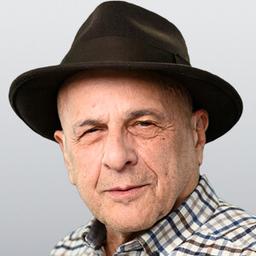Commentary
The question “Will Ron DeSantis soon fall behind Vivek Ramaswamy?” may be premature—for now—but former President Donald Trump is already using that possibility in a Truth Social posting that taunts the Florida governor. (DeSantis’s criticism of the potential Alvin Bragg indictment of Trump over the Stormy Daniels payment, it should be noted, was less than full-throated.)





